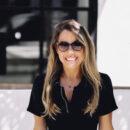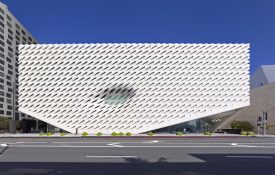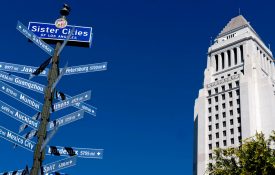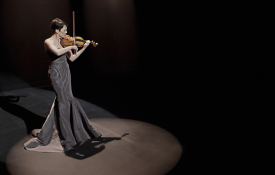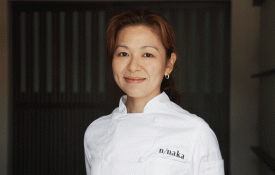The Wrap hosted their 7th annual Power Women Summit at the Maybourne with power players coming together around the theme of Resilience including Jodie Foster, Ava Duvernay, Danielle Brooks, Saweetie, Lilly Singh, Allyson Felix, Candace Parker, to Sophia Amoruso and Diana Nyad. The whole day was packed with programming across all topics across culture, impact and motivational discussions unveiling behind-the-scenes of all these leading women’s amazing projects across impacting and moving culture from new films to books to non-profit work, along with breakout workshops led by companies like Lionsgate – for over 400 female attendees.
Two key highlights were both panels moderated by The Wrap’s Sharon Waxman. The first conversation featured Color Purple actress Danielle Brooks, starring as Sofia, who empowered the audiences sharing her journey that began with her father taking her to musical theater shows, finding her calling as an actress which led to getting accepted to Julliard at 17. For Brooks, the “Hollywood thing” wasn’t “truly the dream” – theater was what she loved as she was excited about being on stage.
SW: WHAT WAS YOUR JOURNEY LIKE EARLY ON?
DB: I don’t understand why I kept hearing no. I didn’t understand why as I was prepared, but the door kept closing before me. In 2015, I got a call to audition for Color Purple revival and I remember it so clearly as I booked Orange is the New Black – I was sitting on my couch and found out Cynthia Erivo and Jennifer Hudson got the roles and thought who’s Sofia going to be – I had no clue that I could do both and I ended up doing both on Broadway at the same time after I was only supposed to be in that show for 2 episodes – two weeks turned into seven years.
SW: WHAT WAS IT LIKE TO GET THE ROLE OF SOFIA AT AGE 25 AFTER DREAMING ABOUT IT?
It definitely was not about luck – after having so many auditions and not getting the roles, it wasn’t just about getting the Juilliard diploma – the work doesn’t stop there as there is always more work to do. I took more singing and dancing classes so I felt comfortable when walking into the room and had to surrender to what was going to be for me and accept what was for me – if god is promising me something I don’t have to rush the fulfillment. I needed to do the internal work I needed to do. It was bigger than me. God worked it out and it was getting me ready to star in a role that was originally played by Miss Oprah the one and only.
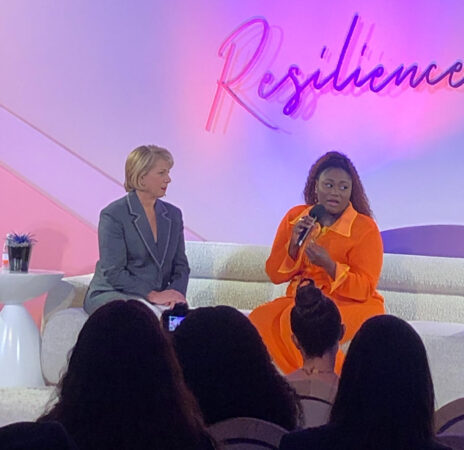
Sharon Waxman with actress Danielle Brooks
SW: SHE HAD A SAY IN BEING CAST IN THE MOVIE – WHAT WAS THE RELATIONSHIP LIKE AND
THE FIRST TIME YOU MET HER?
I got to meet her when I did the Broadway show but didn’t establish a relationship – I was terrified and didn’t want her to think I wanted anything or even ask her about the character.
I remember the Zoom where she gave me the part and had no clue about this call – that’s when the relationship began when she passed the baton. She’s such a great light to me and has such a huge status, but is always so personable and took me under her wing during the process and prayed, and spoke over my life and gave me words of encouragement. Love that she’s leaving me with that example because I know there will be a time that I have to do the same thing for someone else.
SW: TELL US ABOUT SOFIA WHO YOU PLAY IN COLOR PURPLE?
DB: In the film there’s a line that Avery says: “Piss god off to walk past the color purple and not to notice it.”
No matter how much distractions there are and what’s going on in your world, if you can find a moment to find the beauty in something just by sitting – finding the beauty in the fact that we have breathe and clothes on your back, food on your table – it’s the small things even through the storm is what will remind people. The character of Sofia is about learning to say ‘hell no’ but to find that beauty and give yourself grace, while finding moments, laughter and joy. That’s what she brings, even when she falls, she can get back up and still get your laugh and spunk back.
SB: HOW DOES REPRESENTATION MATTER IN OUR INDUSTRY?
Until we all feel seen and heard enough, we still have way more work to do. I’m a testament to that because of my story – seeing so many different shades and over 20+ black people on stage gave me hope that there is a space. In my high school arts school, I was only black girl in my class in South Carolina so when auditioning for Juilliard and seeing other kids from different states, I thought I’m not going to make it because there’s only one spot, but at Julliard there were two spots – and that made me understand there’s room for more.
Actress and director Ava DuVernay shared behind the scenes on her new feature film “Origin, ” which she both wrote and directed, adapted from Isabel Wilkerson’s 2020 best-selling book “Caste,” diving into hierarchies of power. The film was made in 37 days across three countries integrating many different periods and decades which was a “real lift” for an independent crew, according to DuVernay.
DuVernay, proud of her Compton origins still remains humble at heart, and continuously embraces and welcomes a challenge especially when it came to this film – this project being one as everyone she spoke to said there’s no way this could be adapted into a film. DuVernay doesn’t take no as an answer and complexity is inviting to her as she dove deeper and reread the book multiple times to understand how to tackle this complex subject matter.
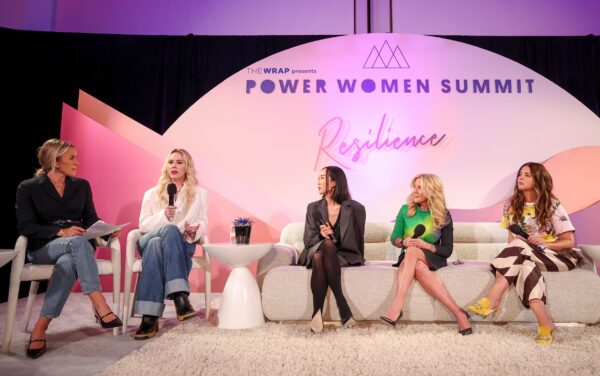
Left to Right: Jacey Duprie, Candice Lambert, Chriselle Lim, Dana Asher-Levine, Nicole Pollard Bayme
SW: TELL US ABOUT THE ORIGIN OF THIS FILM
AD: “This is helping teach us what is human at heart and what racism is all about – She’s had a moment of enlightenment and is enlightening us.
SW: WHY DID YOU CHOOSE THIS AND WHAT MAKES A MOVIE?
AD: I read the book, but didn’t understand it the first time. I got to the end and thought about it and put it aside and kept going, but something brought me back to read it again. In the middle – the second time, I heard the voice of the author who became a character to me. Everyone I asked said this is not a book you make a movie about since there is no following of a character, no beginning, middle, and end to a story. That idea also excited me – do something I couldn’t do – the book was called unadaptable – so what do you do – you go adapt it.”
SW: WHAT DO YOU THINK ABOUT THE QUESTION OF RACISM AND HOW YOU DEALT WITH IT
WITH SUCH MASTERY?
AD: “Racism is the surface, it’s the skin on the skeleton – the origins of it take different colors and configurations – some based on gender, sexual preferences, all things in which ways we create hierarchies around people. Cast is the undergirding, underpinning, foundation of all our discontent – our challenges – and what a new way to frame and think about solving problems to help solve for our next generation. It’s about someone to get underneath and say it’s not enough – it’s not better enough. My job is to tell their version of their story for the first time. I listened to what she had to share and interpreted that along with the book and into a screenplay chronicling her ideas – it’s about her life and work.
Michelle Edgar has built a career at the intersection of social impact, entertainment, sports, fashion, and culture. As a connector and founder, she has worked closely with talent, management, brands, and business leaders to ideate, strategize and build impactful marketing campaigns.






































